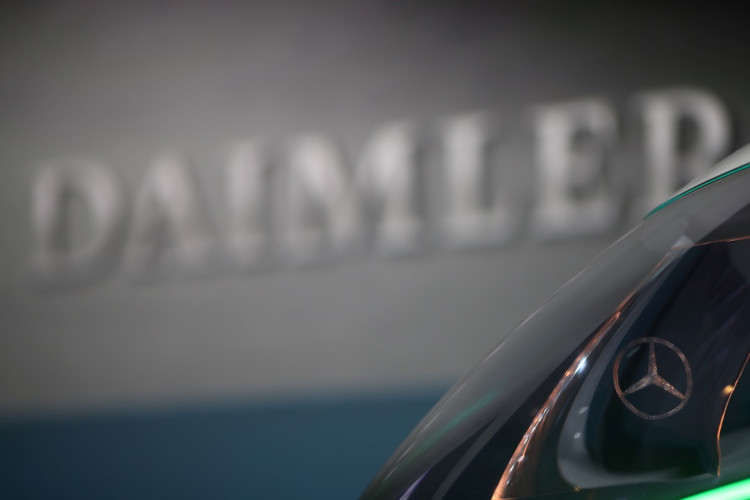Daimler and Bosch have now received approval to run their automated driverless function without a human safety driver behind the wheel from German regulators. It will be the world's first fully automated driverless function to have been approved safe for everyday use. The approval comes four years after the companies started working on the technology.
"This decision by the authorities shows that innovations like automated valet parking are possible in Germany first," Bosch board member Dr. Markus Heyn said in a statement. "Driverless driving and parking are important building blocks for tomorrow's mobility. The automated parking system shows just how far we have already progressed along this development path."
As one of the largest automotive tech and hardware companies in the world, Bosch handles the infrastructure part of the automated parking function. This function is integrated with Daimler's vehicle tech specifically on its Mercedes-Benz cars. Via a smartphone app, users can utilize the autonomous valet service.
Daimler and Bosch started their work on automated driverless parking in 2015. The companies also worked with Daimler's car-sharing unit, car2go. In 2017, the companies launched the automated valet parking function at Mercedes-Benz Museum parking garage. After rigorous and intensive testing, visitors of the museum were allowed to test the automated parking service the following year but with the help of a human safety driver behind the wheel.
Using a smartphone app, users were able to reserve cars from the facility. Their car of choice would then arrive autonomously to an assigned spot in the parking garage to pick up passengers. After taking the passengers to their destination, they could deliver the vehicle to the drop off zone. The car would then drive itself to a designated parking spot guided by its onboard sensors and the garage's infrastructure.
There isn't an official approval process for automated driving features without a human driver existent in Germany. From the outset, Daimler and Bosch worked with Stuttgart and the state of Baden-Württemberg's transportation ministry along with experts from the German certification authority TÜV Rheinland.
The group assessed the safety of the automated parking function presented by the companies. This also became the vehicle for regulators to design guidelines for the testing and approval applicable for future applications with similar functions.
Bosch is also working on building a facility worth $1.1 billion that would produce components like semiconductors for self-driving cars and other smart gadgets. It will also start to produce silicon commercially in 2021.






